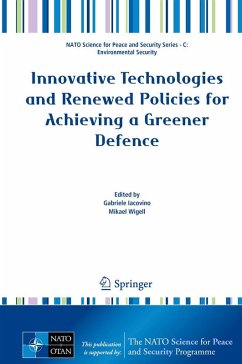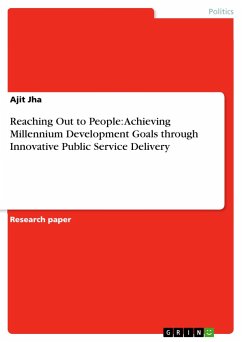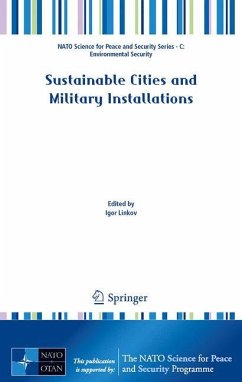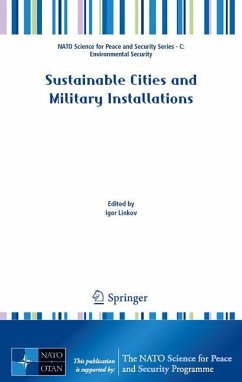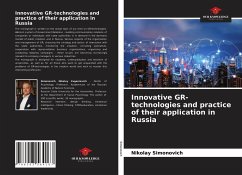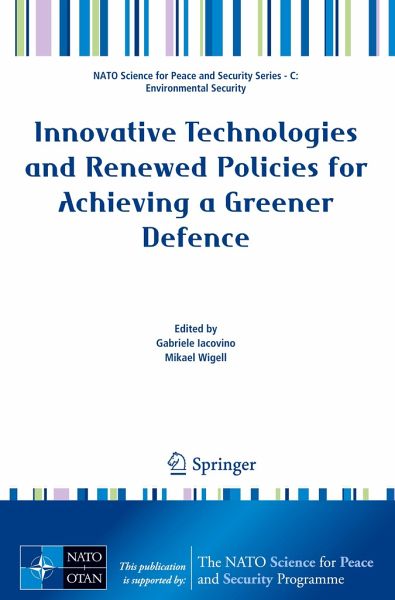
Innovative Technologies and Renewed Policies for Achieving a Greener Defence
Versandkostenfrei!
Versandfertig in 6-10 Tagen
136,99 €
inkl. MwSt.

PAYBACK Punkte
68 °P sammeln!
This book presents a fresh and original contribution to the debate on the policies and technologies needed to achieve a Greener Defence. It will provide an overall and comprehensive analysis of the current state and future prospects of the public and private discourse on the matter, by leveraging on four different and complementary perspectives: the national experiences of relevant NATO Member States and Partner Countries, the institutional framework of International Organizations, the role of industry and private companies and the intellectual contribution of research centers and academia. It...
This book presents a fresh and original contribution to the debate on the policies and technologies needed to achieve a Greener Defence. It will provide an overall and comprehensive analysis of the current state and future prospects of the public and private discourse on the matter, by leveraging on four different and complementary perspectives: the national experiences of relevant NATO Member States and Partner Countries, the institutional framework of International Organizations, the role of industry and private companies and the intellectual contribution of research centers and academia. It will provide new policy recommendations and advanced and innovative technological solutions to be implemented in order to reduce the environmental footprint of Armed Forces, while improving at the same time the energy efficiency and strengthening the operational capabilities of Militaries. The book is addressed to all those interested in studying the connections between climate change, environmental issues, energy security and the role of Armed Forces, the latter seen as an important actor for reducing the environmental impact of human activities and as a forum where to discuss and implement new green technological solutions and applications.





